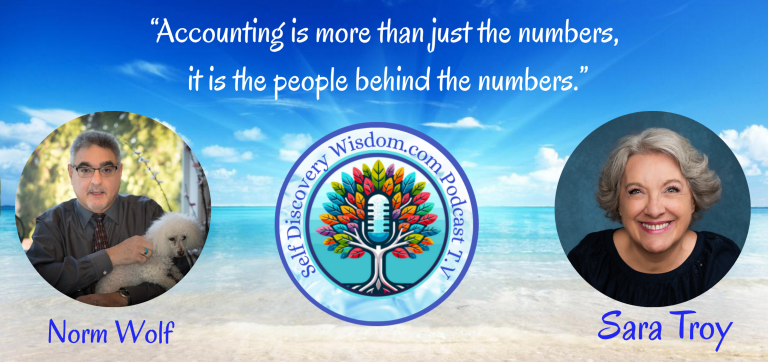Demystifying Financial Analysis: Key Terms Explained
Navigating the world of accounting can often seem daunting, especially for those just starting out. At New Heights Accounting, we believe in making this journey accessible and understandable for everyone. Our blog series aims to demystify the complex language of accounting, breaking down essential terminology into bite-sized, easy-to-understand pieces. Whether you’re a budding entrepreneur, a small business owner, or simply curious about accounting, our insights are tailored to help you gain confidence in your financial literacy. Situated on Vancouver Island, we’re here to guide locals and beyond through the intricacies of accounting, starting with the basics. Welcome to a space where accounting terms become clear, and financial management feels achievable. Let’s embark on this educational adventure together.
Corporation
- This is a legal term identifying the business as a separate entity or taxpayer.
- There is no difference in terms of expenses that a corporation can use for tax purposes that the proprietorship or partnership can use.
- There are some tax advantages for the use of a corporation, however, it is more expensive to utilize a corporation that a proprietorship.
Cash Flow
- This term refers to the inflow and outflow of money in the business.
- In flow of cash refers to the amount of money that is coming into the business or cash generation, if there is a loan this money is used to pay down any loan liability or increase the amount of money in the bank account.
- Out flow of cash refers to the amount of money that is spent to operate the business, if there is a loan this use of money will increase the liability or reduce the amount of money in the bank account.
Accounts Receivable:
- This is the amount of money that people owe the business for the purchase of goods and services that people use.
- This is a use of cash due to the amount of money that the business has expended in producing the goods and services sold before being paid.
- To minimize a cash flow crisis is to reduce that amount of accounts receivable or shorten the terms.
Accounts Payable
- This is the amount of money you borrowed from your suppliers to fund the operation of your business.
- Normally, the terms of this type of loan are very favorable.
- Due to the nature of this “loan” it can be dangerous. If the amount is very large or outstanding for a long period of time it is considered a problem for the supplier and can force the company into a receivership position.
Profit
- There are a couple of different names for profit: gross and net profit.
- The difference depends on where the profit is measured.
- Gross profit is the amount of profit the business generates after cost of goods sold (variable expenses).
- Net profit is the amount of money that is left after all the other expenses (administrative or overhead) of the business is recorded.
Cost of Goods Sold
- This is the cost of manufacturing or producing a goods or services for sale in the business.
- These costs include labour, materials, and any other costs that can be measured against the production of the goods or services.
Administrative or Overhead
- These costs are recorded as costs that are used to run the business and not usually allocated to the goods or services produced.
- These costs usually include items like accounting or professional fees, rent, utilities, management fees, marketing or advertising, amortization (this list is only partial).
Assets
- These are items that the business owns.
- These items are either cash or items that can be converted into cash.
Liabilities
- These are items that the business owes to other entities.
Equity
- This the amount of money that is left in the business after all the assets are sold and all the liabilities are paid.
- It is considered the health of the business.
- In terms of a proprietorship there is no separate item called equity as of the of the money after all the debts are paid belong to the individual or partnership.
Desk Audit
When the CRA (Canada Revenue Agency) conducts a desk audit they will ask for specific information regarding a specific expense that was included in the tax returns to verify the information as being correct and allowable to be included as an expense in the calculation of taxes.
Our next blog is on Financial Analysis Terminology



